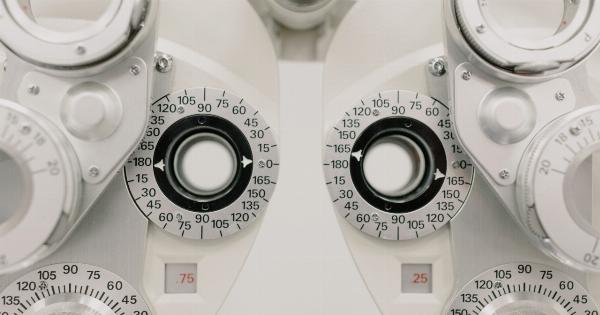Alzheimer’s is a neurodegenerative disease that affects millions of people around the world.
The early detection of Alzheimer’s is essential to ensure that patients receive prompt treatment, which can significantly improve their quality of life. Unfortunately, many patients are only diagnosed with Alzheimer’s after their symptoms have become severe, making it difficult to treat the disease effectively.
Luckily, there are now several economical ways to detect Alzheimer’s with high precision, which can help doctors diagnose the disease in its early stages.
The Importance of Early Detection
Alzheimer’s is a progressive disease that affects the brain, causing memory loss, cognitive decline, and eventually, death.
The early detection of Alzheimer’s is critical because it can help doctors prescribe drugs that can slow the progression of the disease and help patients maintain their cognitive function for longer. Early detection can also give patients and their families time to prepare for the future, allowing them to make informed decisions about their care and support needs.
The Traditional Method of Diagnosing Alzheimer’s
The traditional method of diagnosing Alzheimer’s involves a series of cognitive tests that are designed to evaluate a patient’s memory, language, and other cognitive functions.
These tests can be time-consuming and expensive, and they’re not always accurate, especially in the early stages of the disease. In many cases, patients are only diagnosed with Alzheimer’s after their symptoms have become severe, making it difficult to treat the disease effectively.
Blood Tests: The Economical Way to Detect Alzheimer’s
Recently, there has been a significant breakthrough in the early detection of Alzheimer’s disease. Scientists have discovered biomarkers in the blood that can indicate the presence of Alzheimer’s disease with high accuracy.
These biomarkers are substances that can be found in the blood, cerebrospinal fluid, or brain tissues of patients with Alzheimer’s disease, and they can help doctors diagnose the disease before the symptoms become severe.
There are several blood tests that doctors can use to detect these biomarkers, including:.
- beta-amyloid protein: the accumulation of this protein in the brain is a hallmark of Alzheimer’s disease.
- tau protein: another biomarker that is commonly used to diagnose Alzheimer’s disease.
- neurofilament light chain: a protein that is released into the bloodstream when brain cells are damaged.
By measuring the levels of these biomarkers in a patient’s blood, doctors can determine whether or not the patient has Alzheimer’s disease with high accuracy.
These blood tests are economical, non-invasive, and can be performed in a doctor’s office, making them an excellent option for early detection.
The Advantages of Blood Tests
There are several advantages to using blood tests to detect Alzheimer’s disease, including:.
- Economical: Blood tests are much more affordable than traditional cognitive tests and brain scans.
- Non-invasive: Blood tests are non-invasive, which means that patients don’t need to undergo any uncomfortable or dangerous procedures.
- High Accuracy: Blood tests can detect Alzheimer’s disease with high accuracy, which means that patients can receive prompt treatment and care.
- Early Detection: Blood tests can detect Alzheimer’s disease in its early stages, which can help patients maintain their cognitive function for longer.
The Future of Alzheimer’s Detection
As technology continues to advance, there’s no doubt that new and even more economical ways of detecting Alzheimer’s disease will emerge.
However, for now, blood tests remain the most economical and accurate way to detect Alzheimer’s disease in its early stages.
Conclusion
Alzheimer’s disease is a debilitating and progressive disease that affects millions of people around the world.
The early detection of Alzheimer’s disease is essential to ensure that patients receive prompt treatment, which can significantly improve their quality of life. Thanks to recent breakthroughs in biomarker research, it’s now possible to detect Alzheimer’s disease with high accuracy using blood tests.
These tests are economical, non-invasive, and can detect Alzheimer’s disease in its early stages, making them an excellent option for early detection.



























